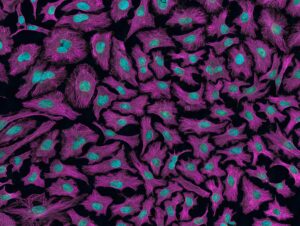 The U.S. Preventive Services Task Force often finds itself in the news when determining what works and doesn’t work in screenings and preventive care. It told healthy women not to bother with calcium and vitamin D pills, said many women could wait on mammograms until age 50 and recently clarified who might benefit from regular lung cancer screening tests.
The U.S. Preventive Services Task Force often finds itself in the news when determining what works and doesn’t work in screenings and preventive care. It told healthy women not to bother with calcium and vitamin D pills, said many women could wait on mammograms until age 50 and recently clarified who might benefit from regular lung cancer screening tests.
The task force’s work lies in translating medical evidence into clinical practice, which can be a difficult and contentious task. Its recommendations are often nuanced and misunderstood.
How does the group come to these determinations and how can you report on the science and not just the heat a recommendation generates? What is evidence-based medicine and how does the USPSTF use it to make recommendations on health care services?
In Tuesday’s webcast, USPSTF chair Dr. Virginia Moyer and co-vice chair Dr. Michael LeFevre will explain how the task force works in an effort to deepen our reporting of upcoming task force recommendations. A Q&A with the doctors, moderated by AHCJ medical studies topic leader Brenda Goodman, will follow.









